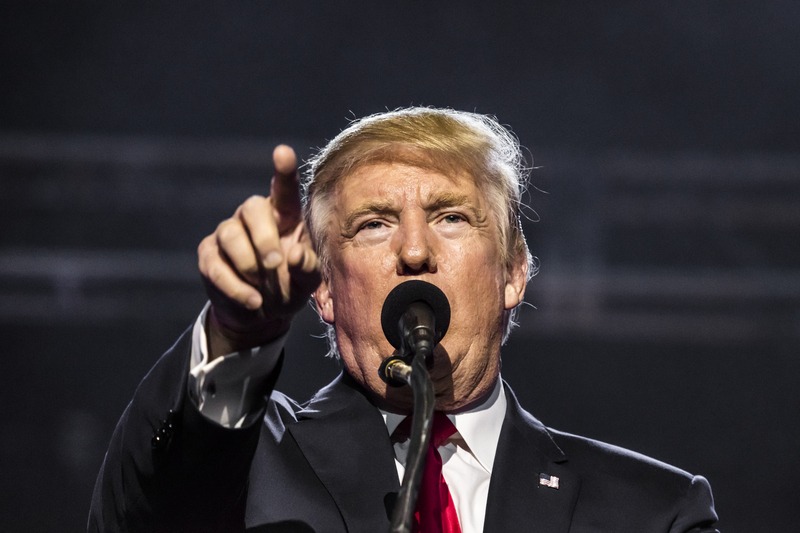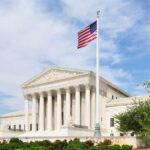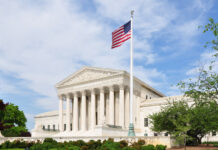President Donald Trump announced during a cabinet meeting this week that he is seriously considering a federal takeover of Washington, D.C., claiming his administration could reduce crime and improve city operations. The comments, made Tuesday, July 8, have prompted strong reactions from local leaders and renewed debates about the District’s limited self-governance under the Home Rule Act.
During the cabinet meeting, Trump indicated his administration possesses tremendous power to run places when necessary and suggested federal oversight would dramatically improve public safety and efficiency in the nation’s capital. Trump stated, “We would run it so good, it would be run so proper.” He added that his administration would select the best person to manage the District and that crime would decrease to minimal levels.
Mayor Muriel Bowser responded to the President’s comments Wednesday, acknowledging the limitations of the District’s current governance structure. She noted that when a President controls both houses of Congress, limited home rule becomes exactly that – limited. The Mayor emphasized her office’s collaborative approach with the Trump administration, indicating she works more closely with this presidential team than any previous administration.
The District operates under the Home Rule Act of 1973, which allows residents to elect their own mayor and city council while maintaining Congressional authority over local laws and budgets. Currently, all legislation passed by the D.C. Council requires Congressional review before implementation, and Congress retains control over the District’s budget.
Legal experts and advocacy groups have expressed concern about the practical implications of a federal takeover. Vanessa Batters-Thompson with the D.C. Appleseed Center for Law and Justice characterized such a move as potentially chaotic, noting that the District serves 700,000 residents through a full administrative structure including a mayor, council, and various agencies. She pointed out that D.C.’s 311 service line alone handles nearly 1.8 million calls annually, excluding emergency services.
The District already operates under a complex federal-local governance structure. The U.S. Attorney for D.C., a presidential appointee, serves as the adult prosecutor, while the Superior Court operates under federal management and currently faces judicial vacancies. These existing federal roles demonstrate the intricate balance between local and federal authority in the nation’s capital.
D.C. Shadow Senator Paul Strauss, a longtime statehood advocate, warned that the president’s remarks should be taken seriously rather than dismissed as empty threats. He emphasized that implementing a full federal takeover would require repealing the Home Rule Act, necessitating passage through both chambers of Congress.
Historical precedent exists for federal control of Washington, D.C. Between 1874 and 1973, the federal government managed the city entirely, a system that both political parties eventually deemed ineffective and undemocratic. This history contributed to the establishment of the current Home Rule structure.
Eleanor Holmes Norton, D.C.’s Democratic delegate to the House of Representatives, issued a statement Wednesday condemning the president’s comments. She pledged to use all available means to prevent what she described as a disastrous increase in federal power over the District and to block any congressional bills seeking to repeal the Home Rule Act.
D.C. Council Chairman Phil Mendelson responded with his own statement, calling the president’s comments unfortunate. He noted that implementing federal control would require congressional legislation, establishing an entirely new government structure, and transferring approximately $20 billion in responsibilities and programming. Mendelson emphasized that such changes involve far more complexity than brief public statements suggest.
The president mentioned during the cabinet meeting that Chief of Staff Susie Wiles has been working closely with Mayor Bowser on shared priorities. Bowser confirmed this collaboration, describing their working relationship as productive and focused on mutual interests.
The federal takeover discussion comes amid broader questions about D.C. statehood and representation. The District’s unique status as the nation’s capital creates ongoing tensions between local governance needs and federal oversight responsibilities, with residents lacking full voting representation in Congress despite paying federal taxes.











